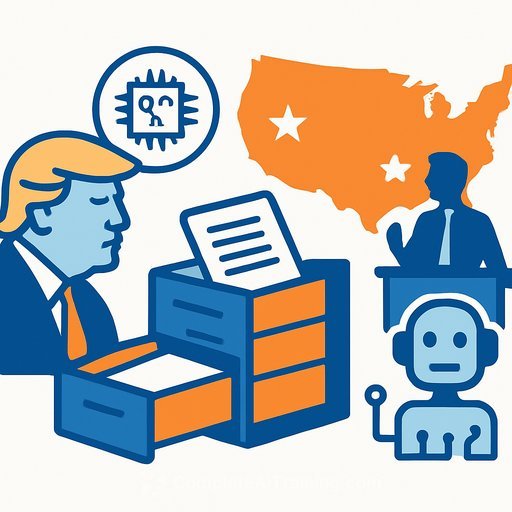The Guardian View on Britain’s AI Strategy: Dependency Wrapped in Digital Hype
Britain once aimed to lead in technology. Today, it seems ready to hand over its data, infrastructure, and public services to US tech giants, chasing promises of minor efficiency gains. The government’s AI strategy under Sir Keir Starmer is heavy on buzzwords but light on national control and grounded assumptions.
Recently, the UK’s technology secretary highlighted AI-generated discharge letters in the NHS, claiming this tech could cut paperwork and improve service speed. Officials suggest that applying AI across government could save £45 billion. Yet, stepping back reveals a familiar pattern: the UK risks becoming a satellite to US tech firms.
The Risks of Becoming a Testing Ground
Experts warn Britain may serve primarily as a data source and testing environment for American AI models running on US-owned cloud networks. This setup risks turning the UK into a place of “extractivism,” where Britain supplies data, labor, and energy but sees little of the financial benefit, which flows to US shareholders instead.
Part of the problem is the absence of a homegrown cloud infrastructure. The government’s strategy doesn’t push to build one. Public data, much from the NHS and local authorities, could end up fueling AI models developed overseas, with the UK capturing little value beyond the initial data contribution.
Job Creation and Economic Impact
The hope that AI will create many new jobs is questionable. Datacenters require significant capital and energy but employ relatively few people. Nobel laureate Daron Acemoglu warns that current AI deployment trends favor replacing workers rather than supporting them. Productivity gains promised by ministers may translate into fewer jobs, not improved services.
A Lack of Vision for Digital Sovereignty
True digital sovereignty would mean developing a public cloud, supporting open-source AI models, and building institutions to guide technology for public good. Instead, the UK government appears to settle for outsourcing efficiency—providing inputs while others reap the rewards.
Acemoglu’s 2024 analysis challenges optimistic forecasts like Goldman Sachs’ prediction of a $7 trillion AI-driven global growth over ten years. His estimate puts the figure closer to $1 trillion, most of which benefits US big tech companies.
What Britain Needs to Do
- Invest in domestic cloud infrastructure to retain data control and economic benefits.
- Fund open-source AI projects to foster innovation aligned with public interests.
- Develop institutions capable of steering AI development toward social and economic goals.
- Ensure public data is used in ways that benefit UK citizens, not just foreign shareholders.
While new laws like the Online Safety Act demonstrate that digital sovereignty can enforce national rules on global platforms, recent issues at the Alan Turing Institute signal a lack of clear direction in AI policy. The UK risks becoming a well-governed client state within an American digital empire, rather than a tech innovator.
For those involved in government, IT, and development roles, it is critical to understand these risks and advocate for a strategy that builds real capacity, safeguards public assets, and creates sustainable economic value. To learn more about AI skills and development options, check out Complete AI Training’s latest AI courses.
Your membership also unlocks:










